Aesthetically ornate and conceptually transcendent, the Gothic style has become one of the world’s most distinctivearchitectural movements.
What is Gothic Architecture?
Gothic architectureis a European style of architecture that values height and exhibits an intricate and delicate aesthetic.
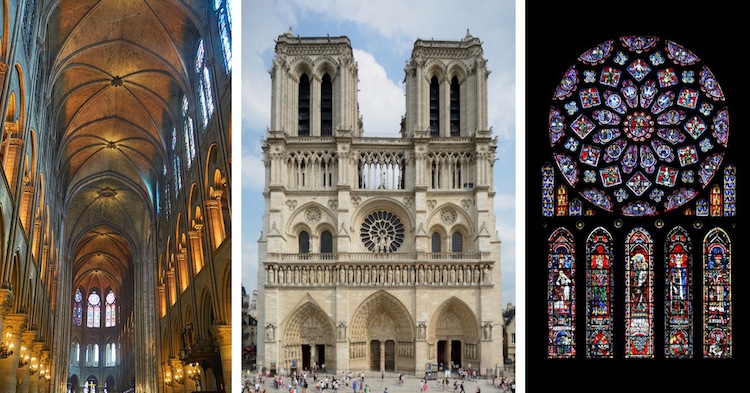
History
During the Middle Ages, a new style of architecture emerged in Europe.
To construct taller, more delicate buildings with thinner walls, Gothic architects employed flying buttresses for support.
These stone structures allowed architects to create sky-high cathedrals and churches that evoked ethereality and reached toward the heavens.
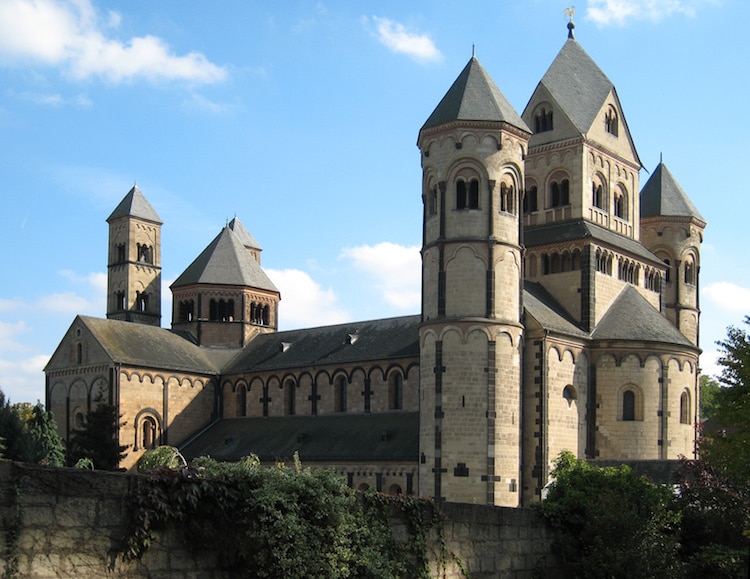
Photo: Goldi64 viaWikimedia Commons(GFDLorCC-BY-SA-3.0)
This allowed them to let in as much natural light as possible.
This silhouette accentuated each cathedral’s height, symbolically pointed toward the sky and accommodated similarly-shaped vaulting.
Ornate Decoration
A final feature found in Gothic architecture is the presence of ornate decorative elements.
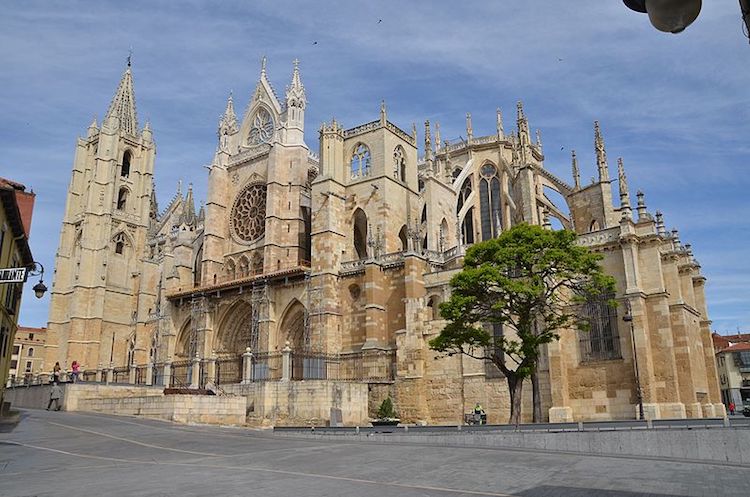
Photo: Adrian Farwell viaWikimedia Commons(CC BY 3.0)
Under the watchful eye of Abbot Suger, portions of the church were rebuilt in the mid-12th century.
Vertical buttresses divided up the facade, while large window arches allowed for ornate sculptural decoration.
This was a huge departure from Romanesque facades and is the reason whySaint-Denisis known as the first Gothic building.
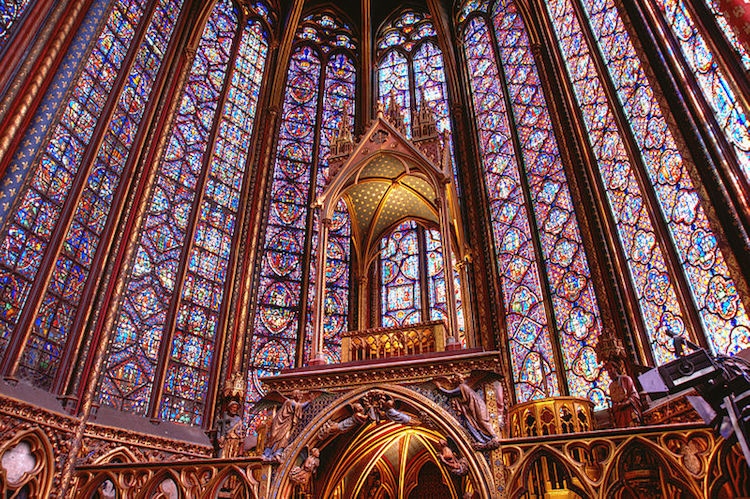
Photo: Jean-Christophe BENOIST viaWikimedia Commons(CC BY 3.0)
From its enormousrose windowsto its flying buttresses andgargoyles, the cathedral exemplifies the Gothic style at its finest.
It was mostly completed by 1260 after flying buttresses were added to support the weight of the roof.
An unfortunatefire in 2019destroyed the spire and much of the roof.Reconstructionis ongoing with the building now having been secured.
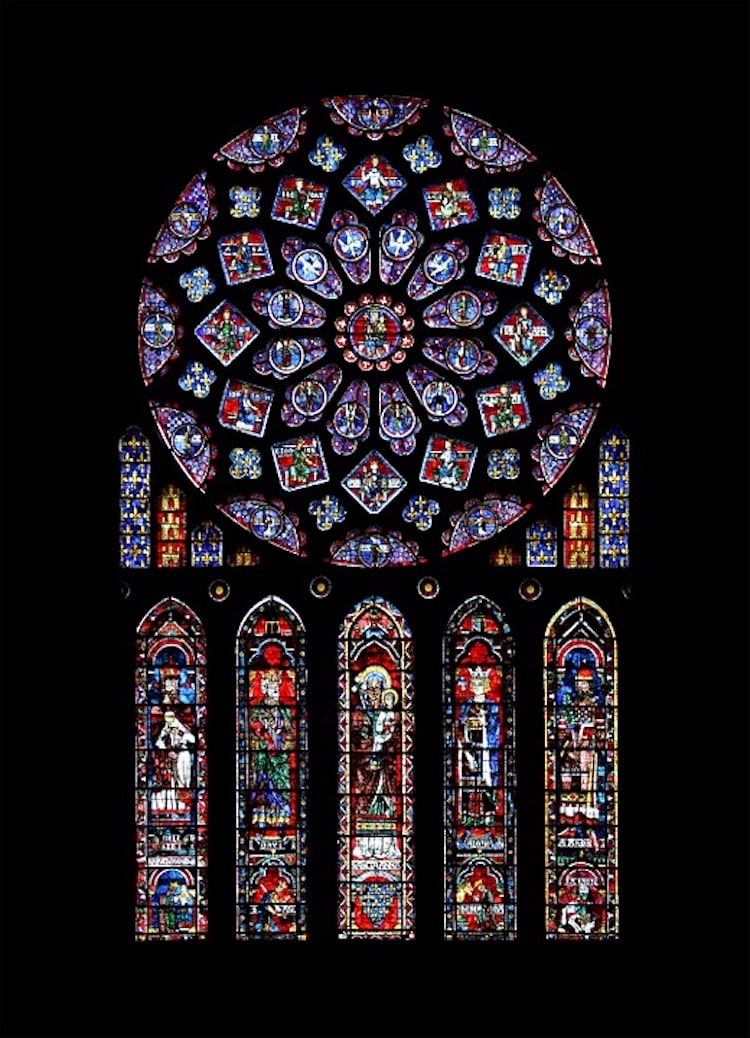
Photo:WikiImages
Officials announced that the church is set to reopen to the public on December 8, 2024.
That spire was created in a Flamboyant style, complete with ornate bar tracery and extra sculpture.
Chartres has three facades which are filled with hundreds of sculptures that tell biblical narratives.
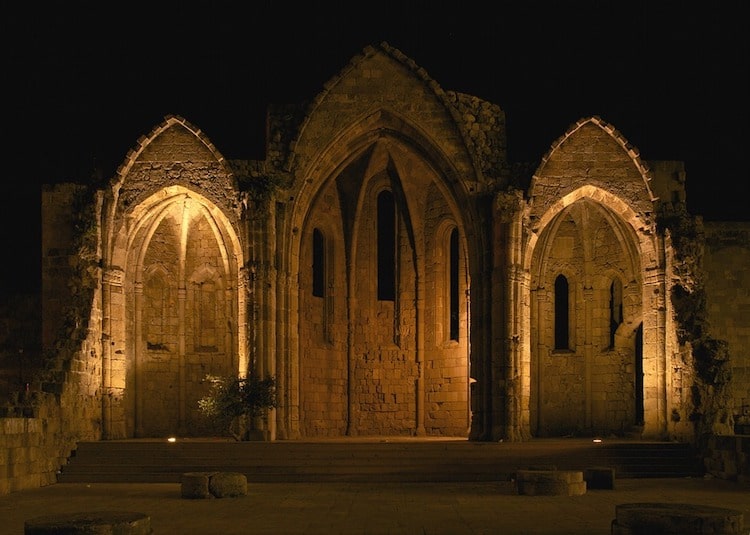
Photo:WikiImages
In its place went a church that took Gothic to its limits.
The west facade has incredibly deep portals that allow for a complex sculptural program.
This sculpture would have allowed illiterate churchgoers to visually see what they were unable to read.
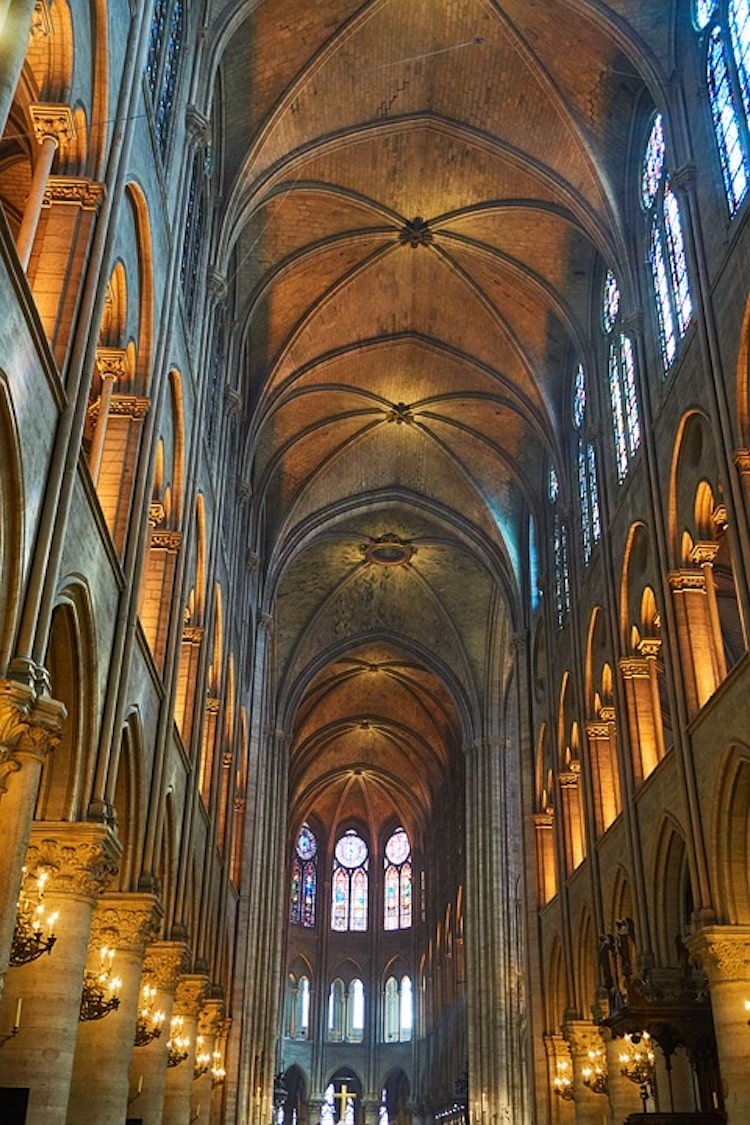
Photo:NakNakNak
Above the central portal is a large rose window with thin tracery.
The interior has innovative four-part rib vaults that allow for a more uniform appearance while increasing the height.
Costly renovations in the 20th century have restored it to its former glory.
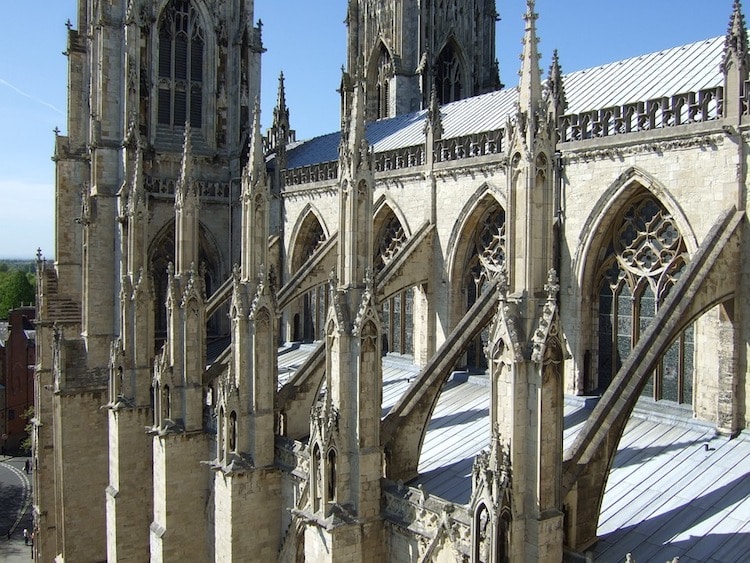
Photo:Rodney Bamford
It represents the apex of trying to reach for the heavens and stands as France’s largest cathedral.
To put things in perspective, two Notre Dame Cathedrals could fit inside Amiens.
Construction began in 1220 after a fire destroyed the earlier Romanesque cathedral.
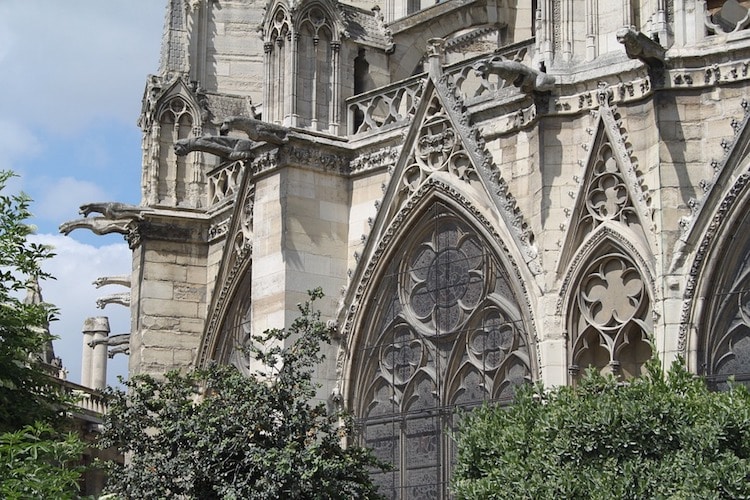
Photo:pixajopari
The church is particularly known for the quality of its sculpture on the main facade.
Gothic Architecture in Europe
The Gothic style wasn’t limited to just France.
Though each country gave the style its own twist,international Gothicstill retains the basic elements found in France.
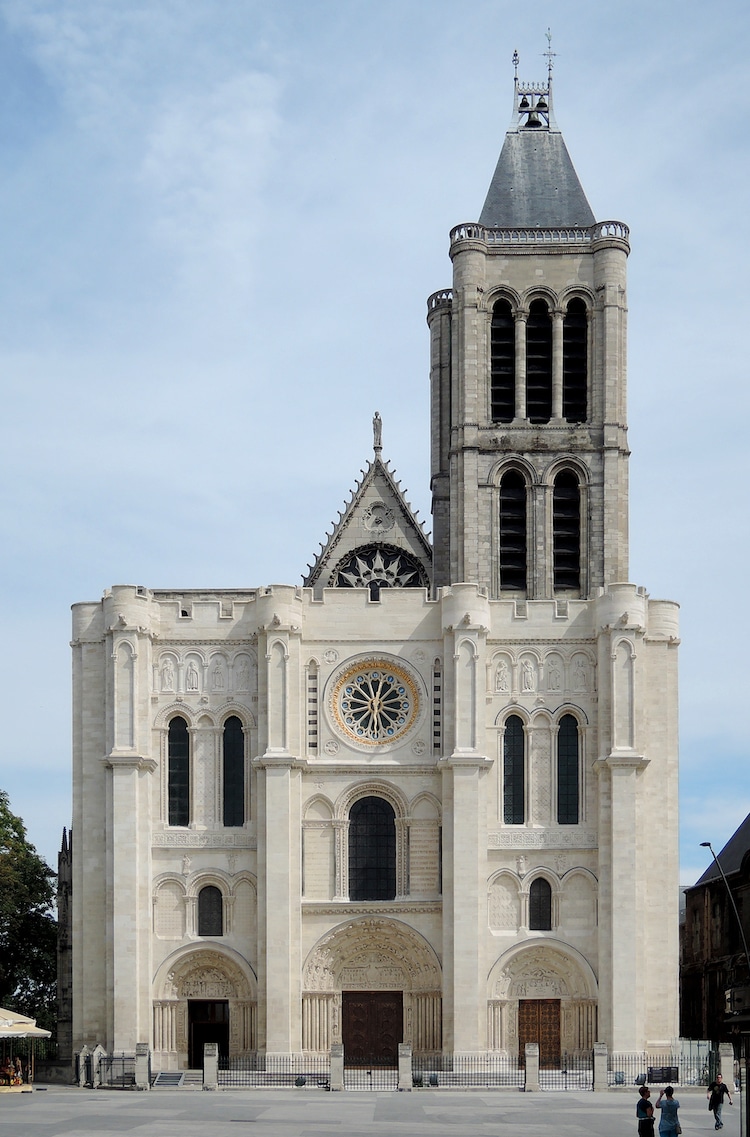
Photo: Thomas Clouet viaWikimedia Commons(CC BY-SA 4.0)
It’s a wonderful example of how Gothic architecture transformed outside of France.
He initiated construction in 1245 and had the abbey church built in an Anglo-French Gothic style.
Stephen’s Cathedralis a combination of Romanesque and Gothic styles.
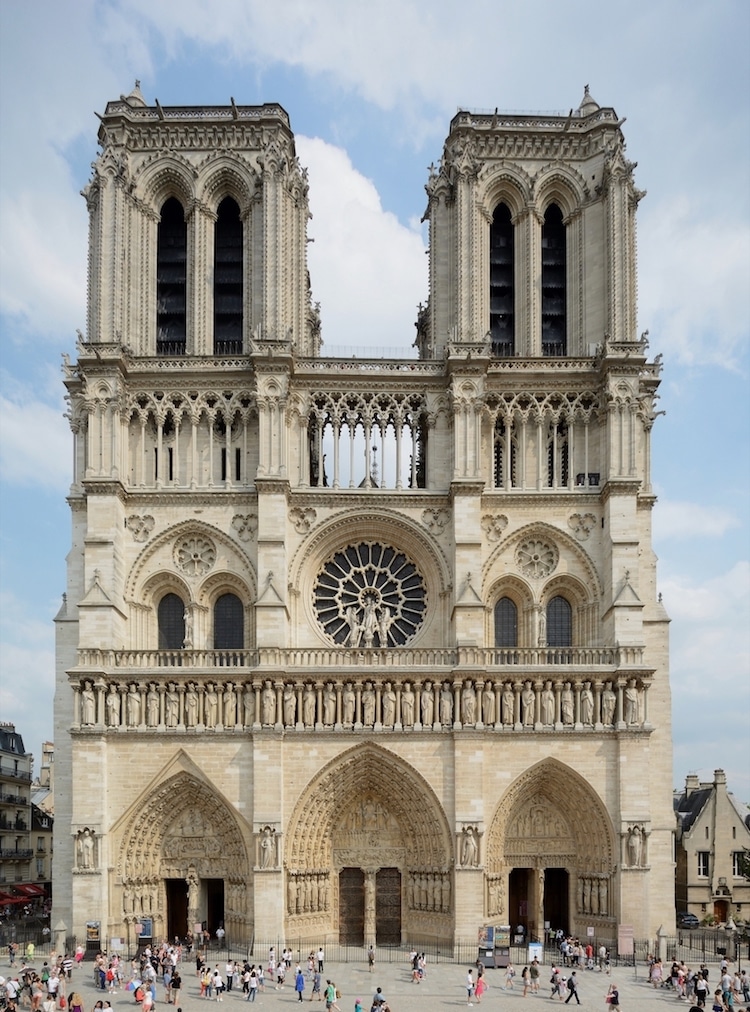
Photo: Peter Haas viaWikimedia Commons(CC BY-SA 3.0)
It features an impressive spire that dominates the skyline, but is most well-known for its colorful roof.
Covered in 230,000 glazed tiles, the roof has a zig-zag pattern and a mosaic of a double-headed eagle.
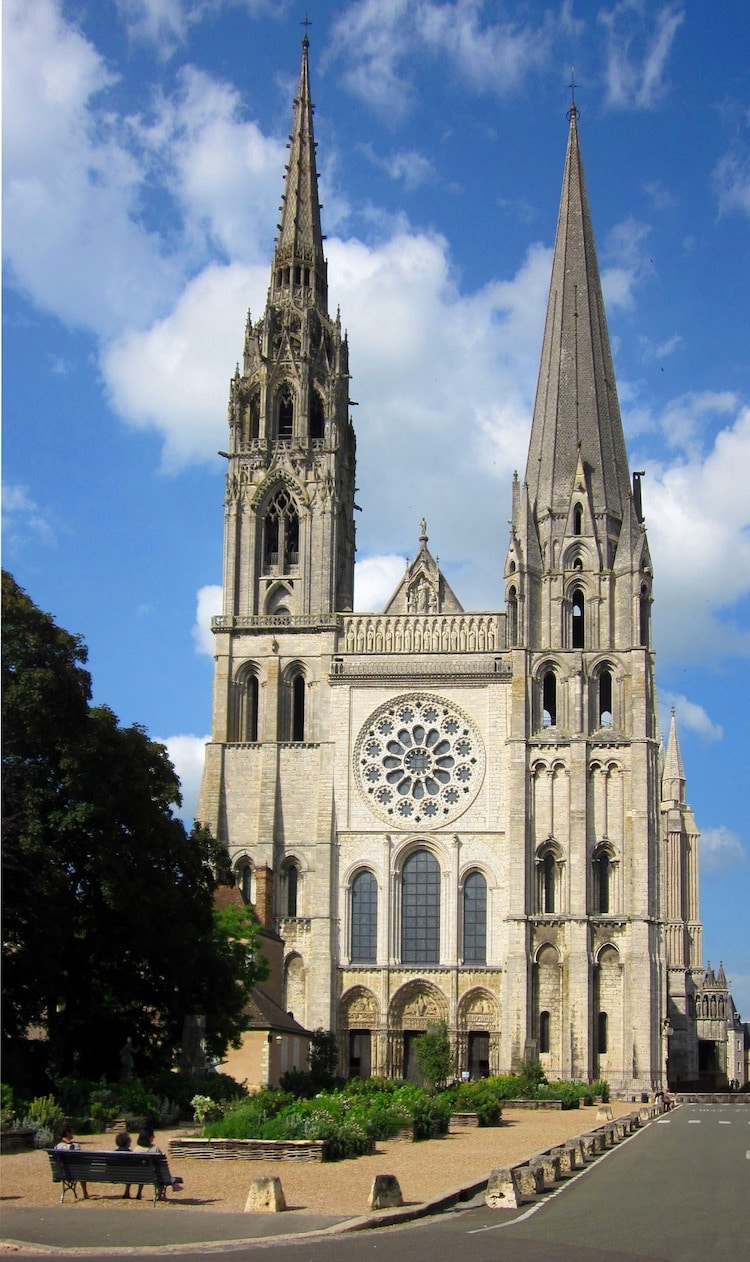
Photo:guy_dugas
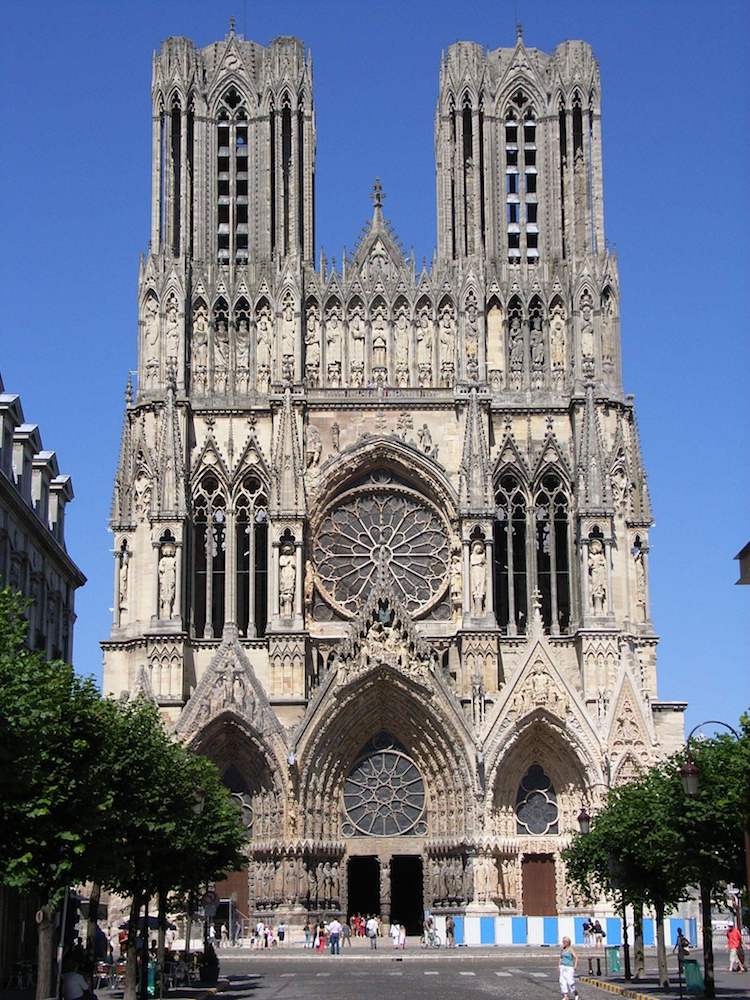
Photo: bodoklecksel viaWikimedia Commons(GFDLorCC-BY-SA-3.0)
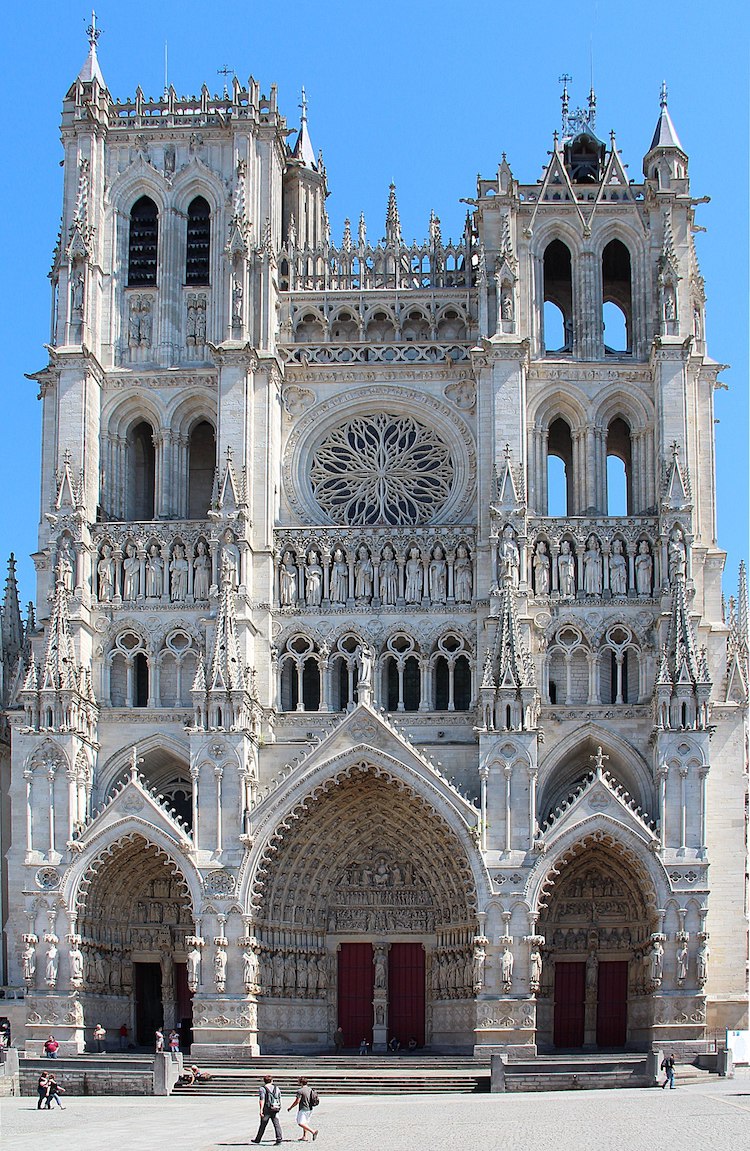
Photo: Jean-Pol GRANDMONT viaWikimedia Commons(CC BY 3.0)
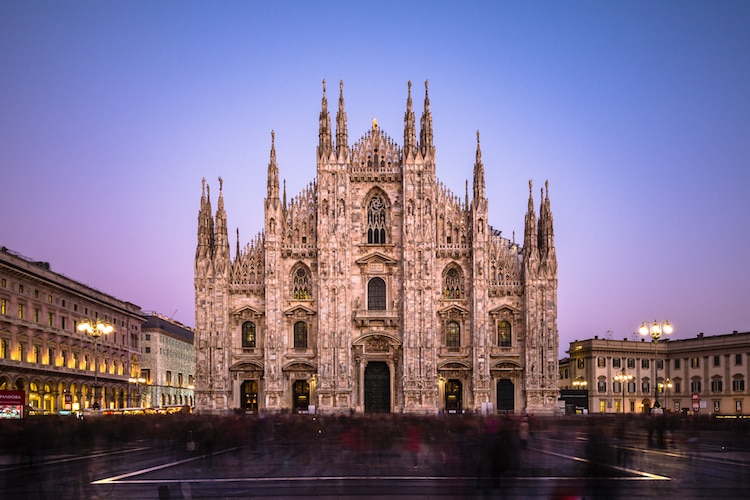
Photo: Marco Nürnberger viaWikimedia Commons(CC BY 2.0)
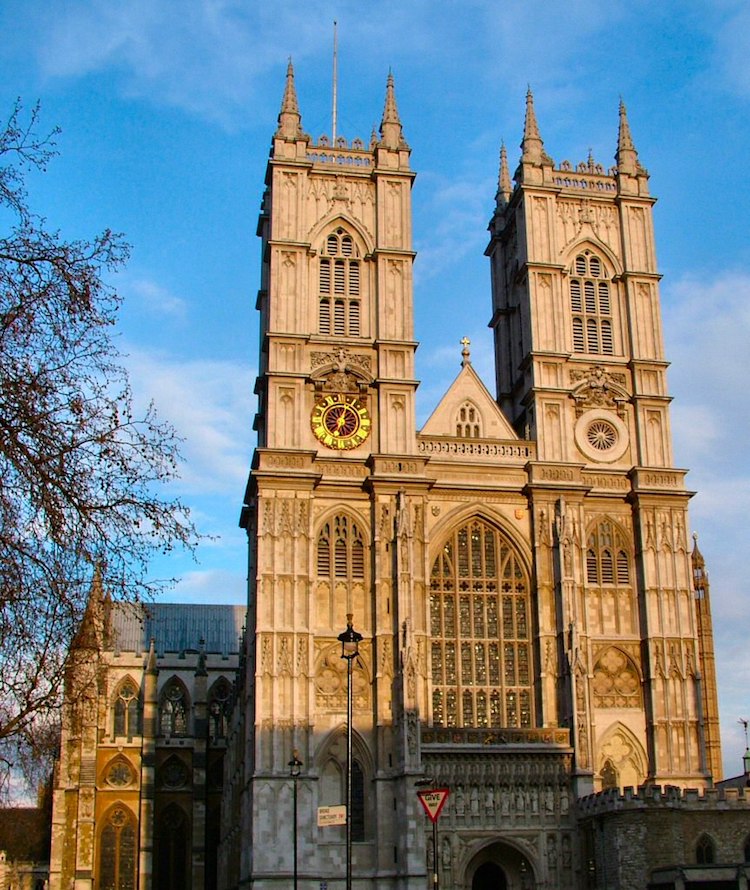
Photo:JdforresterviaWikimedia Commons(GFDL,CC-BY-SA-3.0orCC BY 1.0)
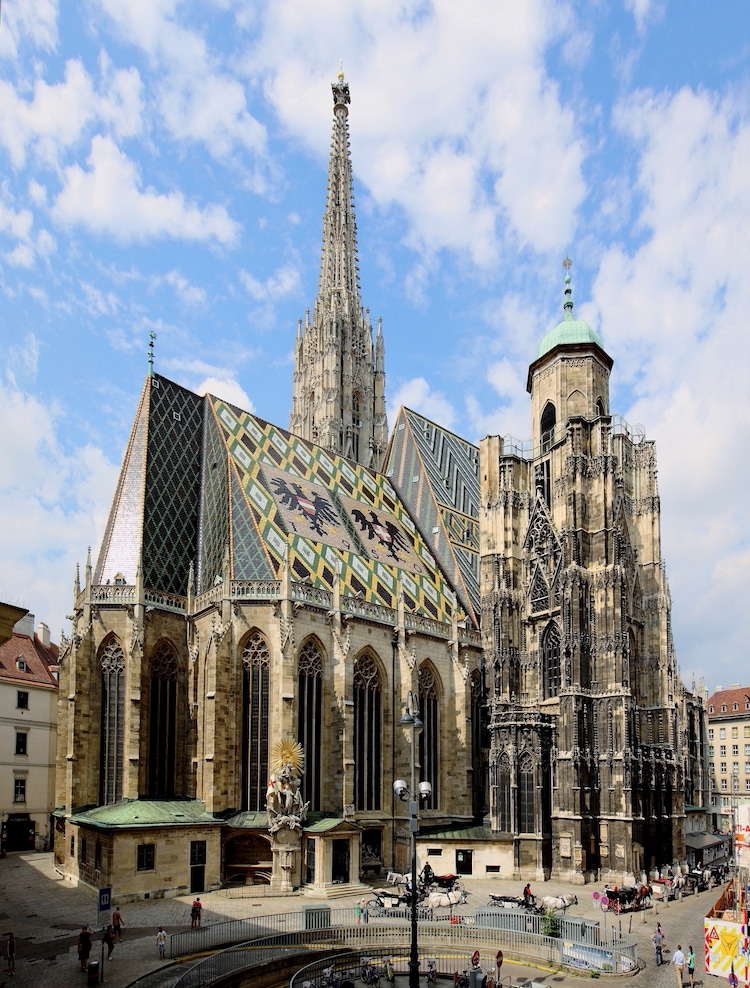
Photo: Bwag viaWikimedia Commons(CC BY-SA 4.0)
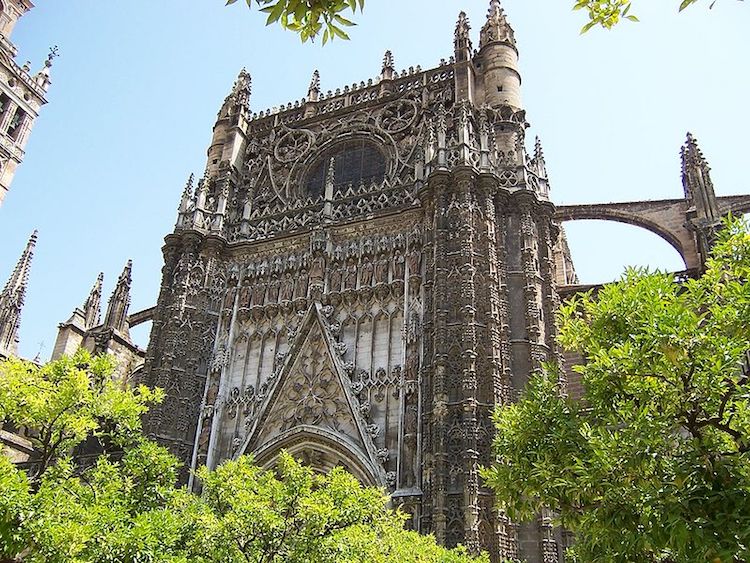
Photo:Dubaduba~commonswikiviaWikimedia Commons(GNU Free Documentation License)
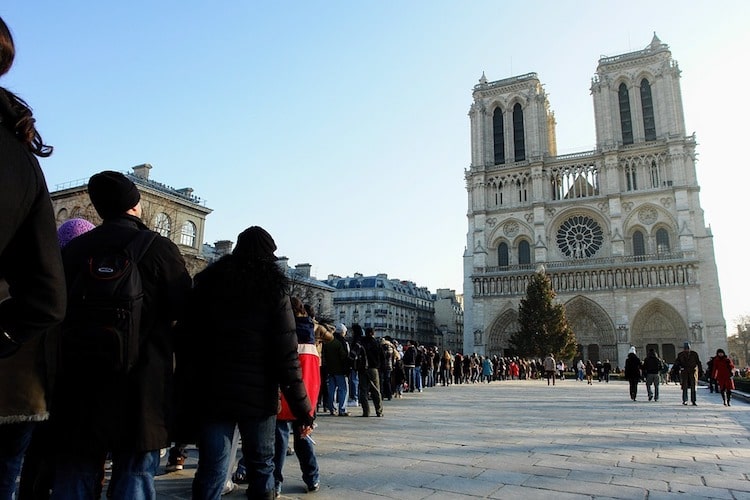
Photo:3dman_eu